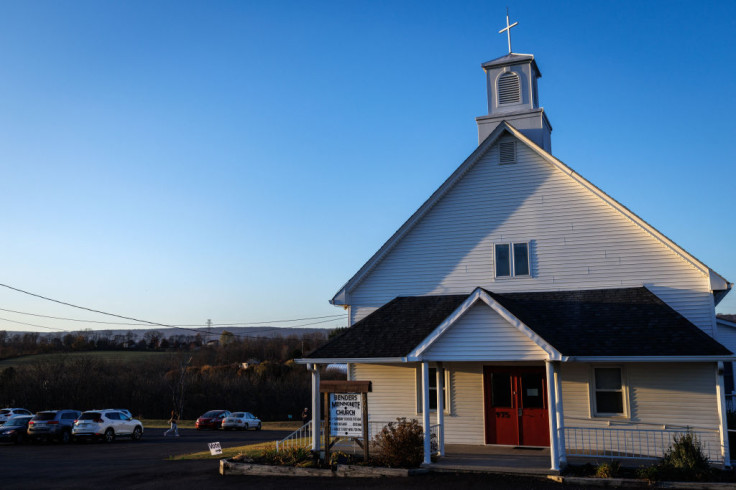
A federal judge in Washington, D.C., rejected on Friday a request by over two dozen Christian and Jewish religious groups to block immigration enforcement operations at houses of worship. The groups had filed a lawsuit back in February challenging the Trump administration's decision to end the Department of Homeland Security's "sensitive locations" policy, which protected such places from immigration enforcement.
Judge Dabney Friedrich denied the request for a preliminary injunction, saying the groups didn't show they were harmed in a way that justified court action. According to the ruling, "plaintiffs fail to show a likelihood of success on the merits of their claims under the Religious Freedom Restoration Act or the First Amendment."
The plaintiffs had previously argued that new guidance interfered with their ability to welcome and support immigrants, but judge Friedrich noted that immigration actions at or near religious spaces have been rare, and that "plaintiffs identify only one enforcement action that occurred at a plaintiff church" since the policy change.
Religious groups also argued that the policy change scared undocumented people from attending church or seeking help, to which Judge Friedrich responded by claiming that fear alone wasn't enough: "the asserted chilling effect is speculative and insufficient to establish standing."
The old policy, known as the "sensitive locations" policy, required agents to get approval before arresting someone near religious sites. The new one, as the ruling points out, instructs agents to use "discretion along with a healthy dose of common sense" to make enforcement determinations, including in or near sensitive locations."
As The Associated Press points out, a similar case brought forward by a coalition of Quakers and other religious groups in February led to a federal judge in Maryland ruling against the Trump administration. U.S. District Judge Theodore Chang's order in that case, however, was limited to those plaintiffs.
© 2025 Latin Times. All rights reserved. Do not reproduce without permission.









